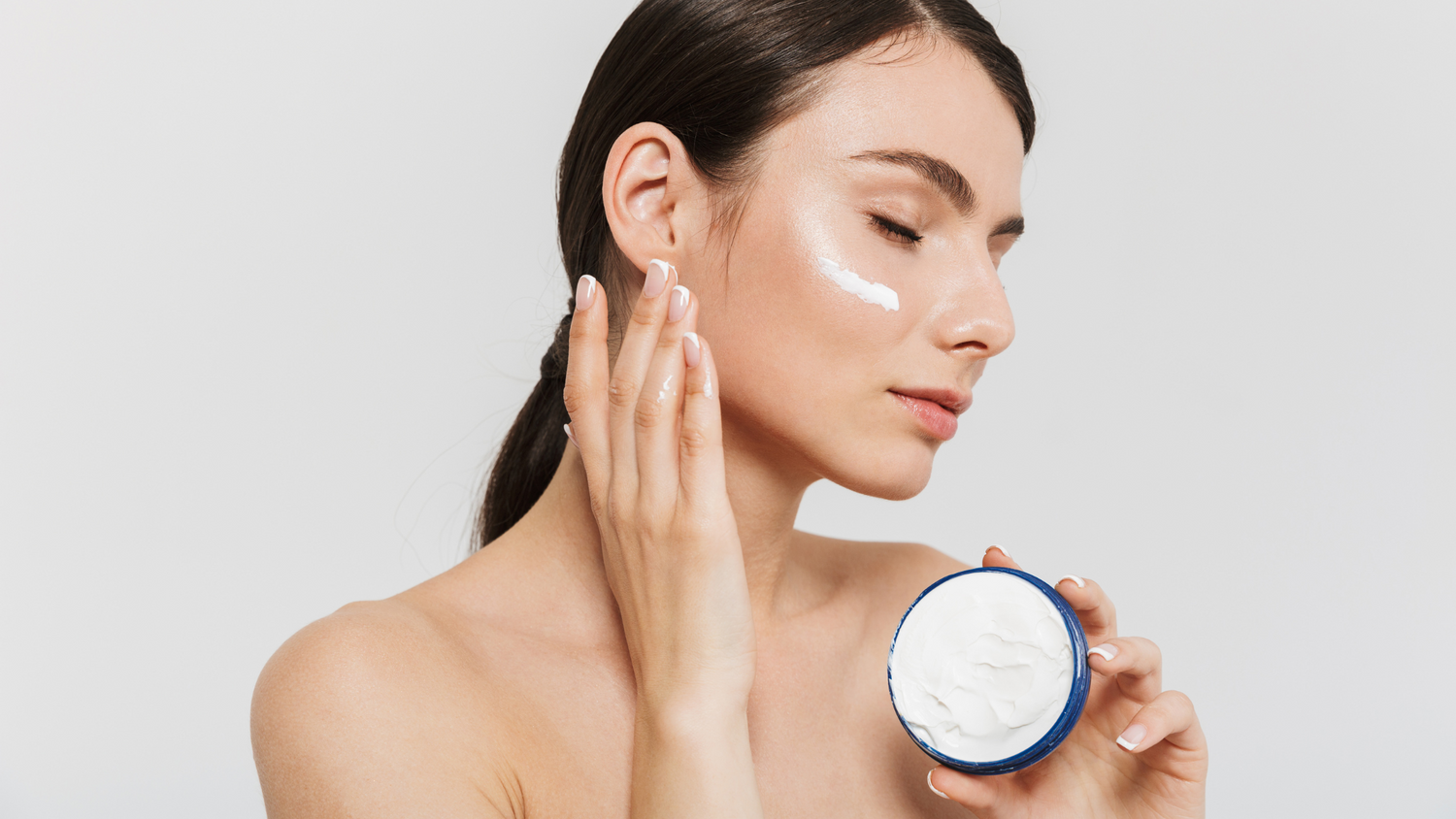Many people think sensitive skin is just about redness or irritation. But it’s more complicated than that. Understanding what sensitive skin really means can help you care for it better and avoid common mistakes.
What Is Sensitive Skin?
Sensitive skin isn’t a specific skin type like oily or dry. It’s a condition where your skin reacts easily to things like weather, products, or stress. This can show up as redness, itching, burning, dryness, or even breakouts.
Sometimes, what feels like sensitive skin could be caused by other underlying issues.
Why Sensitive Skin Is Often Misunderstood
-
Sensitive skin can affect all skin types dry, oily, combination, or normal and is not limited to one category. It’s a condition where your skin reacts more easily than usual, regardless of your natural skin type.
-
Many times, sensitivity happens because the skin barrier is weakened or damaged. When this protective layer isn’t working well, your skin becomes prone to irritation from everyday factors like pollution, weather changes, and even some skincare products.
-
People often mistake sensitive skin for allergies or conditions such as eczema or rosacea. While these cause similar symptoms like redness or itching, they have different triggers and need different care approaches.
-
Sensitivity can be temporary and triggered by external or internal factors such as stress, diet changes, harsh cleansers, or overusing active ingredients like acids and retinol, rather than being a permanent skin trait.
How to Care for Sensitive Skin
-
Use Gentle, Soothing Ingredients
Choose products with calming ingredients like oat milk, aloe vera, chamomile, and ceramides to soothe irritation and rebuild your skin barrier. -
Avoid Harsh Chemicals and Fragrances
Fragrances, alcohol, and strong detergents can worsen sensitivity. Pick fragrance-free, mild formulas made for sensitive skin. -
Don’t Over-Exfoliate
Too much exfoliation or strong acids can damage your skin barrier and increase sensitivity. -
Patch Test New Products
Always test new products on a small area before applying all over your face to avoid reactions. -
Protect Your Skin from Sun Damage
Sun exposure can worsen sensitivity. Use a broad-spectrum sunscreen daily to protect and calm your skin.
Why It’s Important to Understand Your Skin
Sensitive skin isn’t just about appearance. It’s about how your skin feels and reacts. When you know what causes your sensitivity, you can choose products and habits that help your skin heal and stay balanced.
Conclusion
Sensitive skin needs gentle care and the right products not harsh treatments. Supporting your skin’s natural barrier and microbiome helps reduce irritation and keeps your skin comfortable.
Our microbiome-friendly, barrier-supporting products are crafted to calm, protect, and strengthen sensitive skin—helping you feel confident and comfortable every day




